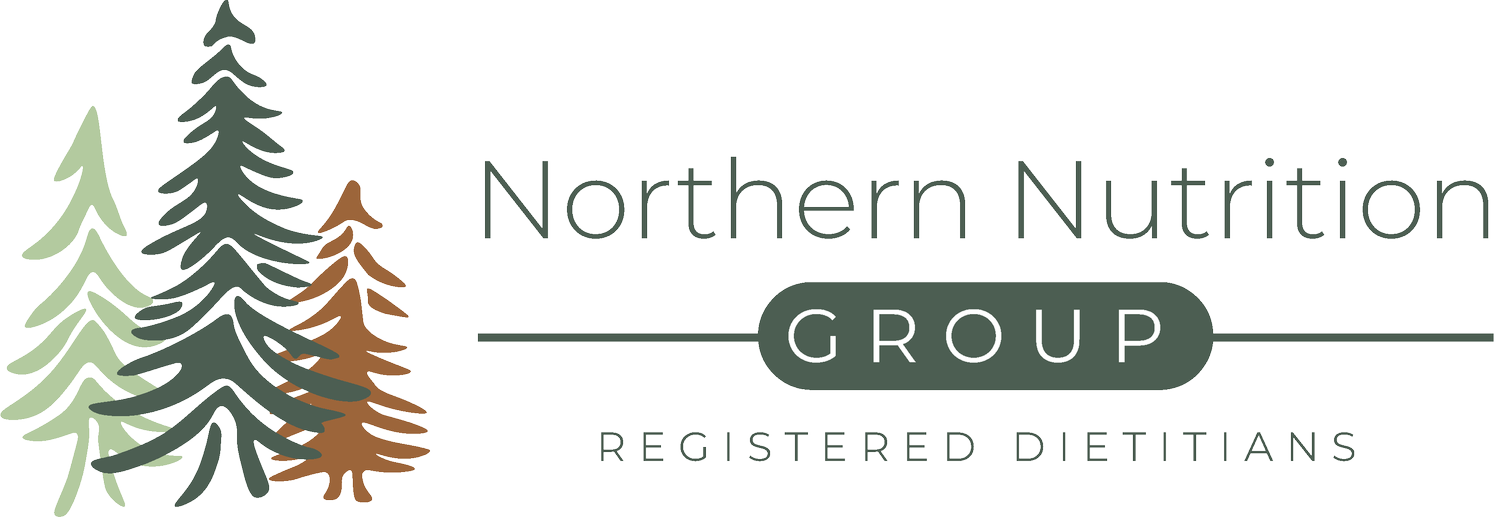The Hidden Dangers of Supplementation
In today’s wellness-obsessed culture, it’s easy to believe that “more is better,” especially when it comes to vitamins and supplements. Shelves are lined with bottles promising better energy, brain power, joint support, and heart health. But what many don’t realize is that high-potency, multi-ingredient supplements can quietly do more harm than good, especially when taken every day without understanding.
Safe Supplementing Starts with Informed Dosing
I wrote this post after analyzing a popular all-in-one supplement that is currently being heavily marketed to climbers. This blend offers a long list of ingredients, from essential vitamins and minerals to botanical extracts, amino acids, and antioxidants. At first glance, it looks like a powerhouse of health. But after breaking down the actual dosages and ingredient interactions, a concerning truth emerges: this product delivers doses that are borderline excessive or even beyond established safety limits for some nutrients, particularly if taken daily and alongside other supplements or fortified foods.
A closer look at the side effects associated with some commonly overused nutrients in supplements:
Vitamin B6 – Long-term use over 20–50 mg daily has been linked to nerve damage and sensory issues.
Niacin (Vitamin B3) – Side effects may include flushing, skin irritation, and, over time, liver strain.
Zinc – Can interfere with copper absorption, potentially leading to anemia or immune dysfunction if sustained for months or years.
Vitamin A – When combined with other sources in diet or fortified foods, it may contribute to toxic buildup affecting the liver or bones.
Iron – Excess, especially when combined with fortified foods or other supplements, can cause constipation, GI upset, oxidative stress, and iron overload, affecting the liver, heart, and pancreas.
Calcium –Excess calcium from supplements can contribute to kidney stones and vascular calcification.
Chromium – Common in weight loss and blood sugar blends, but high doses may cause kidney or liver toxicity, particularly in sensitive individuals.
Magnesium – When taken in supplement form above 350 mg per day, it may cause diarrhea, bloating. In very high dosages, it can cause, electrolyte imbalances that can lead to neurological or cardiovascular symptoms such as irregular heartbeat, confusion, low blood pressure
Vitamin C – Excess intake may cause kidney stones, diarrhea, and impair copper absorption leading to neurological symptoms such as numbness, tingling, muscle weakness, difficulty walking, and poor coordination.
These are not theoretical risks. They’re well documented in clinical settings and medical literature. The body stores certain nutrients like vitamin A, copper, and selenium, meaning daily overconsumption doesn’t just pass through your system, they accumulate, sometimes with damaging consequences.
Not All Ingredients Are Well Studied or Safe in Combination
Supplements can also include a long list of herbal and functional ingredients like turmeric, green tea extract, grape seed extract, NAC, alpha-lipoic acid, and more. Many of these compounds are beneficial in isolation, but when mixed in one formula, the risk of unintended interactions and side effects increases.
Some ingredients thin the blood. Others affect liver enzymes. Several can interfere with medications or cause side effects at higher doses, especially with chronic use.
Here’s a closer look at just a few examples:
Turmeric (Curcumin) – Known for its anti-inflammatory effects, but even modest supplemental doses may act as a blood thinner and interact with NSAIDs, aspirin, or anticoagulants.
Green Tea Extract (EGCG) – A popular antioxidant for metabolism and fat loss, but higher doses are linked to liver toxicity, particularly above 300 mg per day or in fasted states.
N-Acetyl-Cysteine (NAC) – A precursor to glutathione and popular for detox, but doses over 300–600 mg daily may cause nausea, allergic reactions, or interact with blood pressure or psychiatric medications.
Quercetin – A flavonoid with antioxidant and anti-allergy effects, but high doses have been linked to kidney stress, headaches, and increased bleeding risk.
Coenzyme Q10 (CoQ10) – Used for energy and heart health, but may cause insomnia, digestive upset, or interact with blood pressure medications in some users.
The Myth of Regulation: “Natural” Doesn’t Mean Safe
One of the biggest misconceptions about supplements is that they’re regulated like medications. In reality, dietary supplements are not regulated or approved by the FDA before going to market. Manufacturers are responsible for their own safety testing, but there's no requirement to prove effectiveness or safety before a product hits the shelves.
That means the burden is on you, the consumer, to understand what you're taking. And when a label lists dozens of ingredients in fine print with clinical-sounding names and “proprietary blends,” it’s easy to lose track of dosage and risk.
Safe Supplementing: What You Can Do
You don’t need to swear off supplements entirely, but you do need to be smart about them. Talk to a professional. Take the steps to learn what your body actually needs. A dietitian can help assess your needs based on your diet, age, health conditions, current medications, and labs. At Northern Nutrition Group, we can review your supplement intake and provide guidance that’s evidence-based, personalized and safe.
Closing Thought: Healthy Supplement Use Requires Personalization
Supplements are marketed as health boosters, but taken carelessly, they can become health hazards. This isn’t fear-mongering. It’s a reality of unregulated, over-engineered wellness products in a profit-driven industry. Even the best intentions can backfire if we assume that “natural” means “risk-free.” Your body doesn’t need a kitchen-sink blend of 40+ compounds to function well. Often, what it really needs is a balanced diet, a bit of sunlight, hydration, movement, and a little less hype.
Written by Kim Johnson, RD, LN | Owner
Kim specializes in: Eating disorders, disordered eating patterns, IBS, nutrition management for neurodivergent individuals - ADD/ADHD and autism spectrum disorder, weight concerns and supporting those ready to move past chronic dieting.
